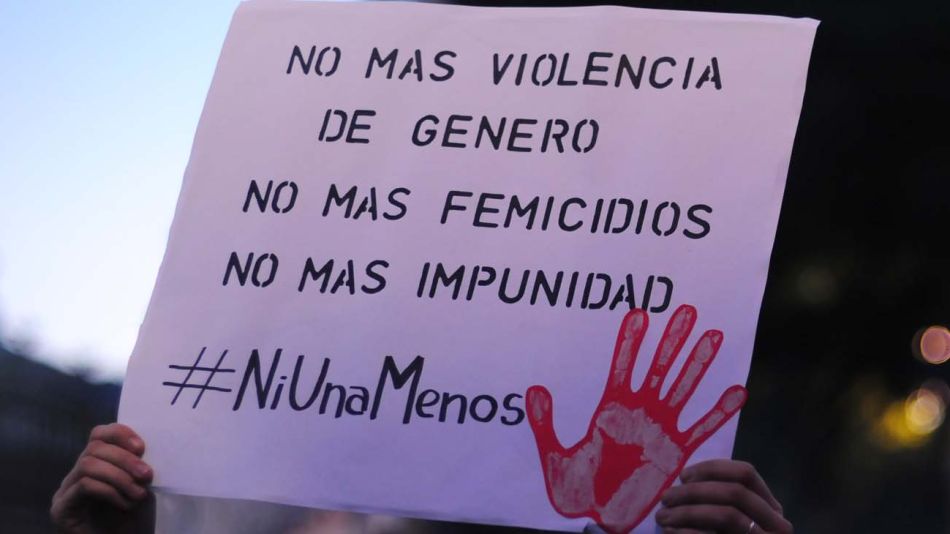

In Bahillo's home country of Argentina, in the first week of the pandemic, there was a 120% spike in calls reporting domestic violence cases, Nice said. Nice, who spoke to NPR, co-wrote an essay examining how the pandemic has worsened gender-based violence in the region. It's a case that highlights how the COVID-19 pandemic has made violence against women in Argentina, Brazil, Bolivia, Peru and other countries worse, according to Beatriz Nice, a program assistant for the Wilson Center's Latin American Program. Her death, like that of Chiara Páez's six years earlier, again sparked demonstrations across the country. In February, 19-year-old Úrsula Bahillo filed the latest of more than a dozen complaints to authorities about her ex-boyfriend's abuse and threats.īahillo was brutally stabbed to death and her body left in a rural area near Rojas, Argentina. Women from the "Ni Una Menos" or "Not One Less" movement marched to protest what they say is the negligence of judges when it comes to taking measures against aggressors of women. "This opened the door to start talking about these issues, that are a health issue, that for many many years was seen as a taboo."Ī woman has one eye covered to protest gender violence, in Buenos Aires, on Feb. Everybody started realizing that they knew someone who had an abortion or they themselves had an abortion," Casas said. Families started talking about it at the dinner table. "Women started talking about their experiences or experiences of a friend.

Women going out into the streets to share their experiences, helped break down the stigma tied to abortion and reproductive health, said Casas, with Human Rights Watch in Madrid.

"Now comes a moment of feminist pedagogy about this right to be able to speak about and explain to as many people as possible that this is a right that we have and that we are citizens who can make our own decisions about our bodies." Other countries follow Argentina "The abortion law is a starting point, not an ending point," she said. More work remains, according to María Florencia Alcaraz, an Argentine journalist and one of the founding members of Ni Una Menos, who spoke with Women Across Frontiers. Women who fall outside these provisions and get an abortion can still face criminal charges. An abortion is only legal in Argentina if the mother's life is jeopardized or if the pregnancy is a result of rape. The Voluntary Interruption of Pregnancy Bill permits an abortion to take place throughout the initial 14 weeks of pregnancy. Latin America Argentina Legalizes Abortion In Historic Senate Vote "However, it is currently the trans feminist movements in Latin America that are advancing discussions that place reproductive autonomy and gender justice at center stage." "In the past, regions such as North America and Europe have been at the forefront of movements to expand sexual and reproductive rights," Mariela Belski, the executive director for Amnesty International Argentina, told NPR. She is an Americas Researcher for the women's rights division at Human Rights Watch in Madrid.Īctivists in Latin America that emerged from this Ni Una Menos groundswell have successfully pushed for access to abortion in a traditionally conservative region, while continuing the work of the movement's original mission. Years later, "this massive mobilization was also able to draw attention to another longstanding fight which was reproductive health and rights," Ximena Casas tells NPR. Other women-led demonstrations also erupted in Brazil, Bolivia, Chile, Mexico, Peru, Paraguay, Uruguay and El Salvador - areas that also suffer high rates of femicide. The message spread and has continued to expand in the years since. Ni Una Menos started out as a slogan, merged into a viral hashtag used online, and eventually a regionwide movement. Goats and Soda What Did You Expect? The Question That Women Are Sick Of Hearing


 0 kommentar(er)
0 kommentar(er)
